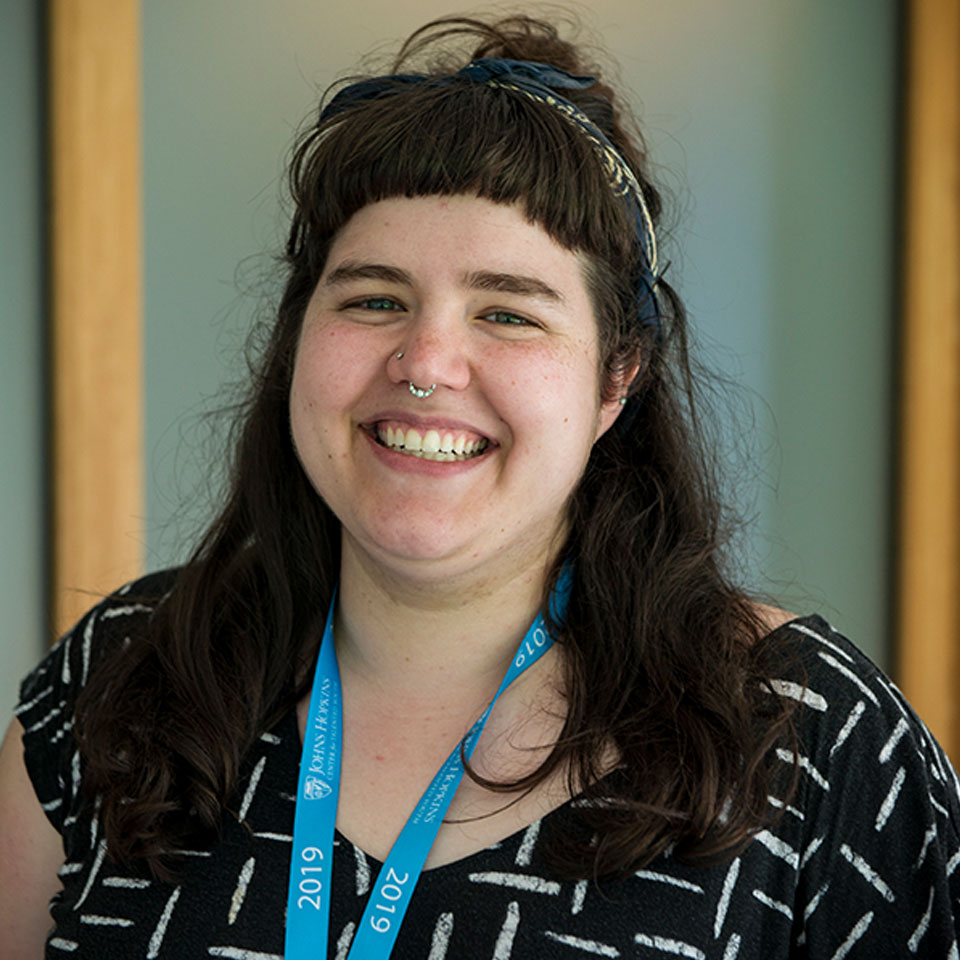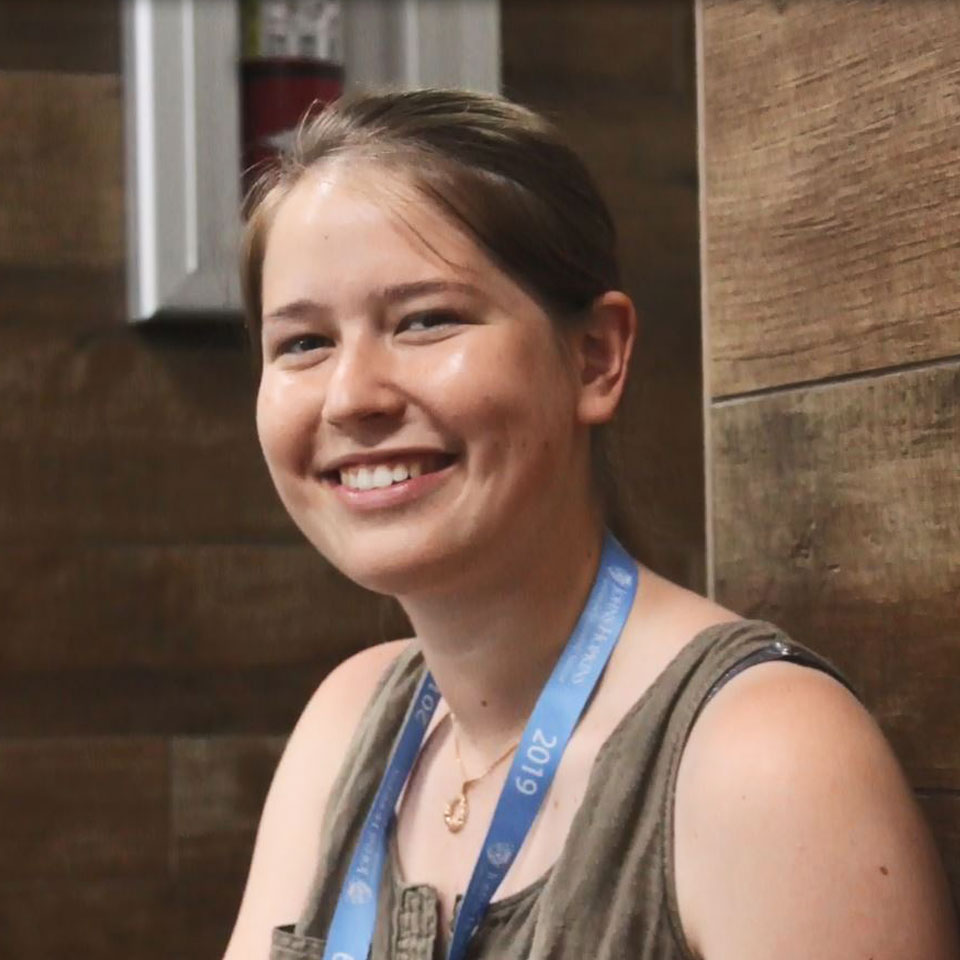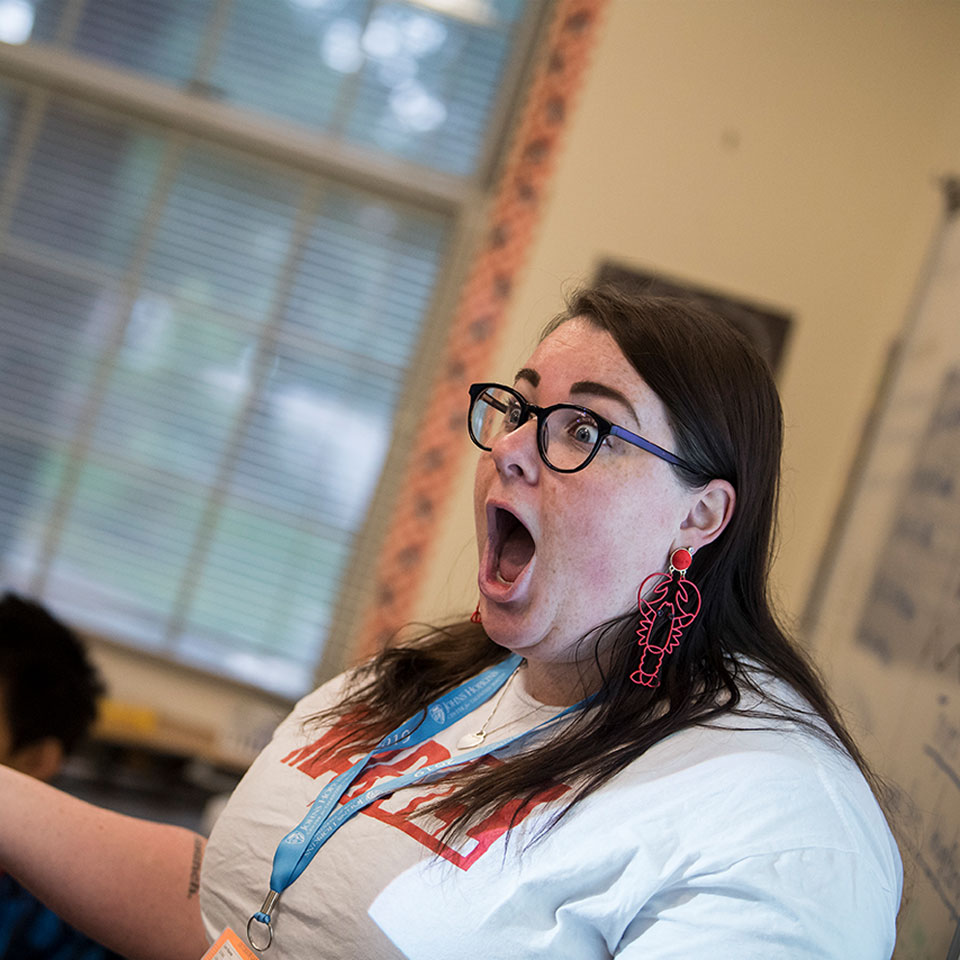Breadcrumbs
Logic: Principles of Reasoning
- Grades 7-11
- Advanced CTY-Level
-
Residential
- History and Social Science
Lawyers, doctors, and mathematicians use logic while building arguments, diagnosing diseases, and proving theorems. This course explores the techniques of logic while developing your analytical reasoning skills and your ability to produce arguments and identify fallacious reasoning. After learning foundational concepts such as validity, soundness, and consistency, you’ll explore the process of evaluating language-based arguments. You and your classmates will identify common fallacies, discern patterns of proper reasoning, and use Venn diagrams to evaluate syllogisms. Moving on to the study of formal logic, the method of analyzing and validating arguments by means of symbolic notation, you’ll use truth tables to evaluate complex arguments and employ natural deduction techniques to prove arguments valid. You’ll analyze editorials, speeches, and philosophical works; construct arguments about enduring questions and contemporary issues; engage in debates; and write proofs. By the end of the course, you will have developed rigorous analytical reasoning and critical thinking skills crucial to academic and professional inquiry. While this is a humanities class, you’ll use symbolic notation and write proofs common in math classes.
Typical Class Size: 16-18
This course is
ungraded.
Summer Dates & Locations
Session One


Session Two

Testing and Prerequisites
| Math | Verbal | |
|---|---|---|
| Required Level | Not required | Advanced CTY-Level |
Students must achieve qualifying scores on an advanced assessment to be eligible for CTY programs. If you don’t have qualifying scores, you have several different testing options. We’ll help you find the right option for your situation.
Sign up for Testing Learn MoreCost and Financial Aid
Tuition
- Varies
Application fee
- Nonrefundable Application Fee - $55 (Waived for financial aid applicants)
- Nonrefundable International Fee - $250 (outside US only)
We have concluded our financial aid application review process for 2025 On-Campus Programs. We encourage those who may need assistance in the future to apply for aid as early as possible. We are committed to serving all talented youth regardless of financial circumstances. Financial assistance is available based on need.
Course Materials
Students should bring basic school supplies like pens, notebooks, and folders to their summer program. You will be notified of any additional items needed before the course begins. All other materials will be provided by CTY.
Sample Reading
These titles have been featured in past sessions of the course, and may be included this summer. CTY provides students with all texts; no purchase is required.
- Introduction to Logic, Harry J. Gensler
About History and Social Science at CTY
Enhance your critical thinking skills
Expand your ability to reason through difficult problems by taking one of our philosophy or logic classes. Learn how to craft strong and clear arguments in Big Questions, or explore the techniques of logic that lawyers, doctors, and mathematicians utilize to be successful in their fields in Logic: Principles of Reasoning.
Explore social justice in action
Develop knowledge and skills that will help you address issues of systemic inequality throughout the world. Engage the historical and legal challenges different populations face in Great Cases and Laws and Orders.




